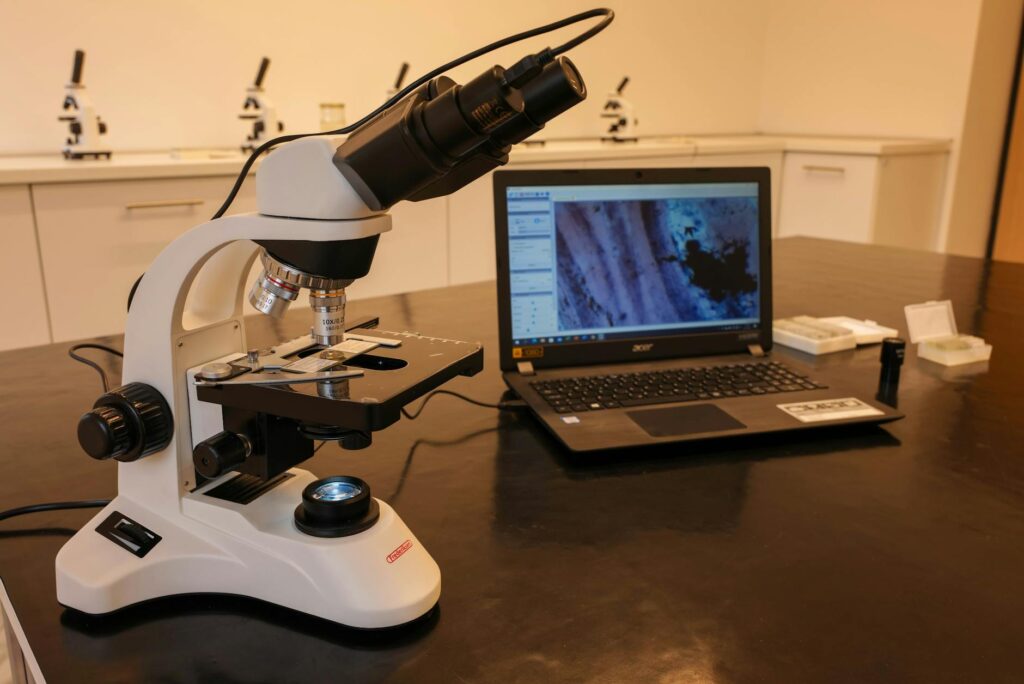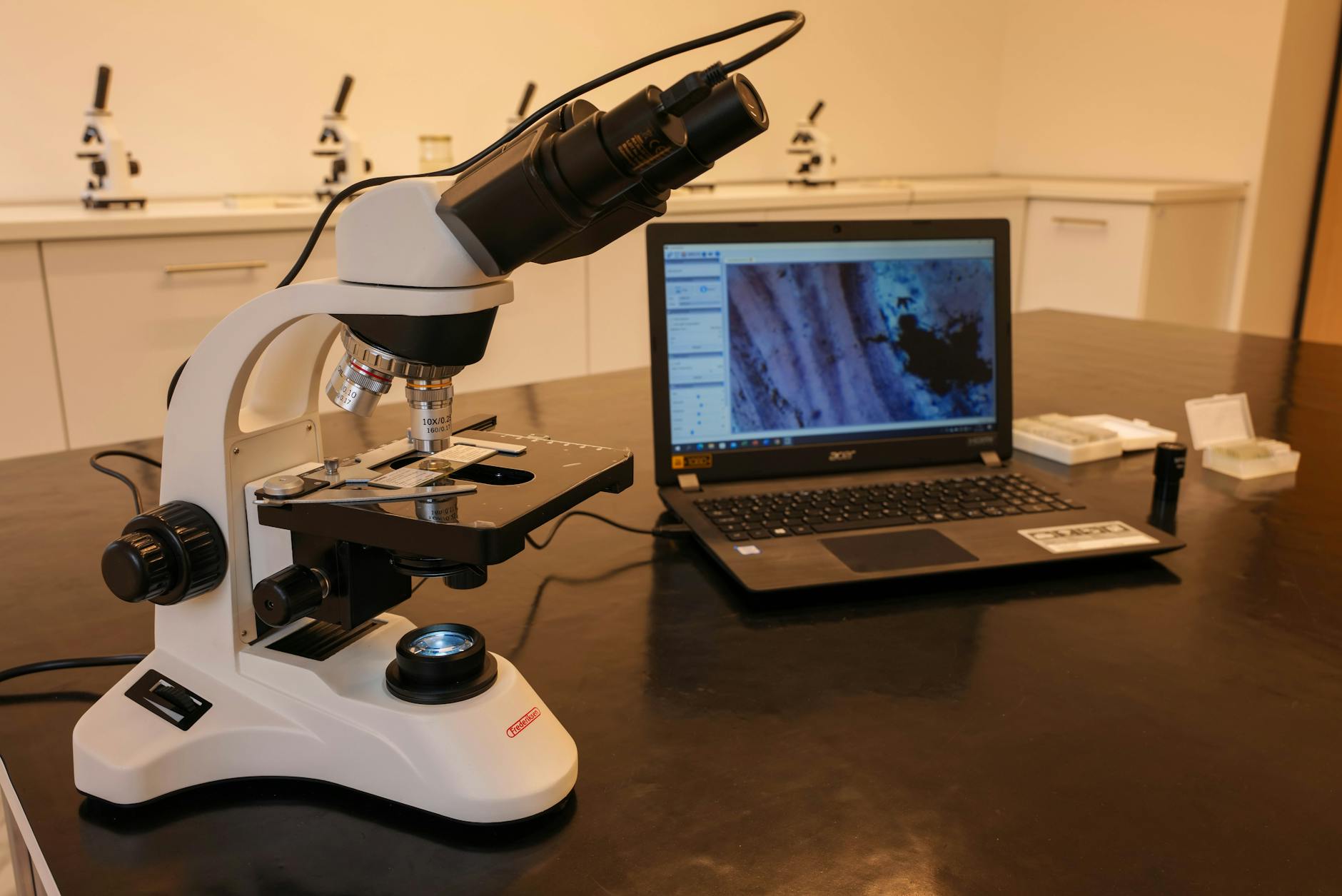What is research methods?

What is research methods?
Research methods are essential tools that enable individuals and organizations to gather, analyze, and interpret data effectively. They’re crucial across various fields, from social sciences to business, and understanding them can significantly enhance productivity, decision-making, and personal development. Whether you’re a student, a professional, or simply someone interested in learning, mastering research methods can empower you to make informed choices and foster growth.
Definition of Research Methods
At its core, research methods refer to the systematic processes and techniques used to collect and analyze information. They serve as a framework for researchers to explore questions, test hypotheses, and draw conclusions based on evidence. The significance of research methods lies in their ability to provide reliable and valid findings that can inform decisions and contribute to knowledge. For a deeper understanding of this concept, you can check out this article on research methodology.
Types of Research Methods
Research methods can be broadly categorized into three main types: qualitative, quantitative, and mixed-methods approaches. Each type serves different purposes and is utilized in various disciplines.
Qualitative Research Methods
Qualitative research methods focus on understanding complex phenomena through non-numerical data. Techniques such as interviews, focus groups, and observations allow researchers to gather detailed insights into people’s thoughts, feelings, and behaviors. For instance, in psychology, interviews can uncover the motivations behind certain actions, providing a rich context that numbers alone cannot convey. This approach is especially valuable for exploring new or ambiguous topics where little prior research exists. For more information on qualitative methods, see Scribbr’s guide on qualitative research.
Quantitative Research Methods
In contrast, quantitative research methods emphasize measuring and analyzing numerical data. Techniques such as surveys, experiments, and statistical analysis allow researchers to quantify variables and identify patterns. For example, a survey could be used to assess customer satisfaction across a large population, helping businesses make data-driven decisions. This approach is crucial for testing hypotheses and validating findings with statistical rigor. Learn more about quantitative methods here.
Mixed-Methods Research
Mixed-methods research combines both qualitative and quantitative techniques to provide a more comprehensive understanding of a research question. By integrating numerical data with rich narrative insights, researchers can gain a deeper perspective that neither method could achieve alone. This approach is particularly effective in fields like education, where both hard data and personal experiences are essential for understanding student outcomes. To explore mixed-methods research further, check out this detailed overview.
The Research Process
Conducting research involves a systematic process that typically includes several key steps. Understanding this process can help you use research methods effectively.
Identifying Research Problems
The first step in the research process is defining the research problem and questions. Clearly identifying what you want to investigate sets the foundation for your study. Ask yourself: What specific issue am I trying to address? This preliminary stage is crucial, as it influences every following step in your research.
Data Collection Techniques
Once you’ve established your research questions, it’s time to determine how you’ll collect data. Various techniques exist, including surveys, interviews, and observations, each with its advantages and limitations. Additionally, ethical considerations should guide your data collection to ensure the integrity of your research. For an overview of data collection techniques, visit this comprehensive guide.
Data Analysis and Interpretation
After gathering data, the next step is analyzing and interpreting the results. This process involves organizing the data, identifying patterns, and drawing conclusions based on your findings. Utilizing statistical tools can aid in making sense of quantitative data, while thematic analysis can help uncover meanings in qualitative data. Understanding how to analyze data effectively is crucial for ensuring the validity of your research outcomes.
Application of Research Methods in Everyday Life
Research methods aren’t just for academics; they hold valuable applications in everyday life as well. By applying these techniques, you can enhance your productivity, make informed decisions, and foster personal development.
Enhancing Productivity Through Research
In our daily tasks, applying research methods can lead to improved efficiency. For example, by conducting a survey to understand your team’s preferences for project management tools, you can choose a solution that best suits everyone’s needs, thereby streamlining processes. Small research projects can uncover insights that lead to better time management and productivity.
Making Informed Decisions
Whether you’re choosing a new career path or evaluating investment opportunities, research methods can guide you toward informed decisions. By gathering data and analyzing it critically, you can weigh the pros and cons of different options. This approach empowers you to make choices based on evidence rather than assumptions, ultimately leading to more successful outcomes. For a practical perspective on applying research methods for decision-making, see this resource on research methods in everyday life.
Conclusion
In summary, understanding research methods is vital for improving decision-making, enhancing productivity, and fostering personal growth. By mastering these techniques, you can navigate the complexities of data collection, analysis, and interpretation more effectively. Whether in your professional life or personal endeavors, applying research methods will empower you to make informed, evidence-based choices. I encourage you to explore these techniques and consider how they can enrich your daily life.

Photo by Vladimir Srajber